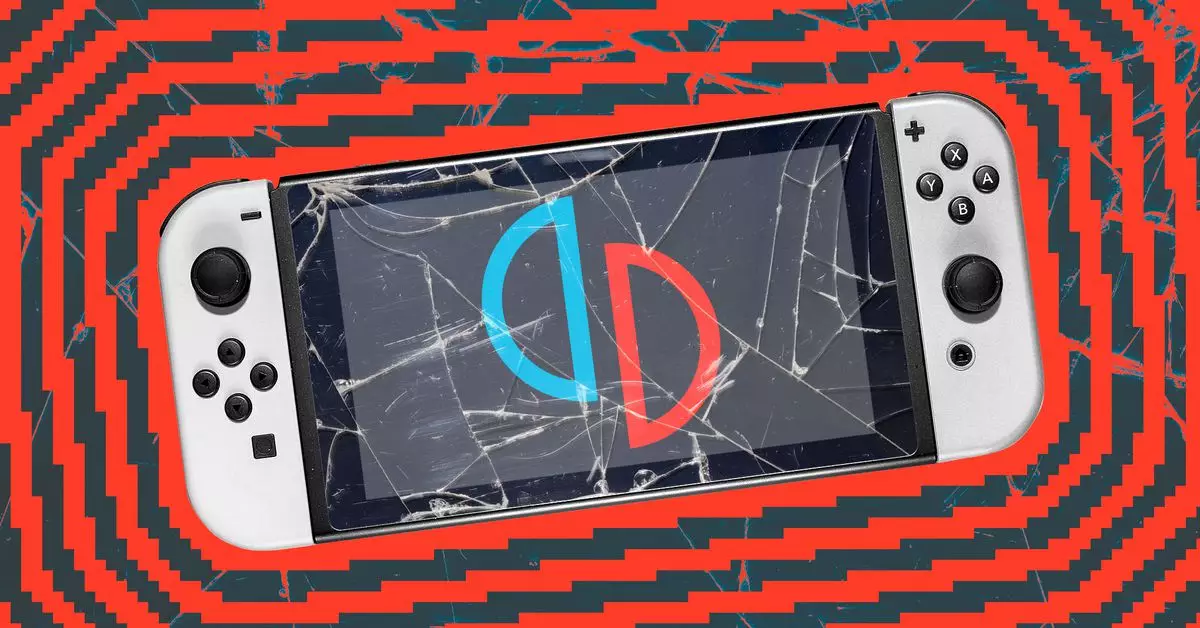The recent incident involving GitLab cutting off access to the Nintendo Switch emulator Suyu sheds light on the impact of DMCA takedown requests on emulator developers. While the specific details of the takedown notice are not entirely clear, it appears that the request targeted Suyu for its alleged circumvention of Nintendo’s technical protection measures. This action raises questions about the legality of such requests and the implications for emulator developers.
One of the key issues highlighted by this incident is the use of DMCA takedown requests as a means to restrict access to emulators that may potentially infringe on copyright laws. While it is essential to protect intellectual property rights, there are concerns about the validity of such requests and the potential consequences for developers. In this case, it is unclear whether Nintendo was directly involved in the takedown request, raising questions about the motives behind the action.
Emulator developers face numerous challenges when developing software that may emulate the functionality of proprietary systems. The threat of legal action, such as DMCA takedown requests, can significantly impact their ability to innovate and contribute to the gaming community. In the case of Suyu, the developer’s accounts were disabled, preventing further development and distribution of the emulator.
The response by GitLab to disable access to Suyu highlights the challenges faced by platform providers in handling DMCA takedown requests. While platform providers have the right to take action to address potential copyright infringement, there are concerns about the transparency and due process involved in such actions. The lack of clarity in GitLab’s policies regarding user account suspension raises questions about the fairness of their actions.
As the case of Suyu demonstrates, the impact of DMCA takedown requests on emulator developers can be significant and have far-reaching consequences. It is essential for developers to understand their rights and obligations when faced with such requests and to consider the potential legal and financial implications of their actions. Additionally, platform providers must ensure that their policies are clear and transparent to protect the interests of all parties involved.
The recent incident involving GitLab and the Suyu emulator highlights the complex legal and ethical issues surrounding DMCA takedown requests in the context of emulator development. It underscores the need for greater clarity and transparency in the handling of such requests to protect the rights of developers and platform providers alike.


Leave a Reply